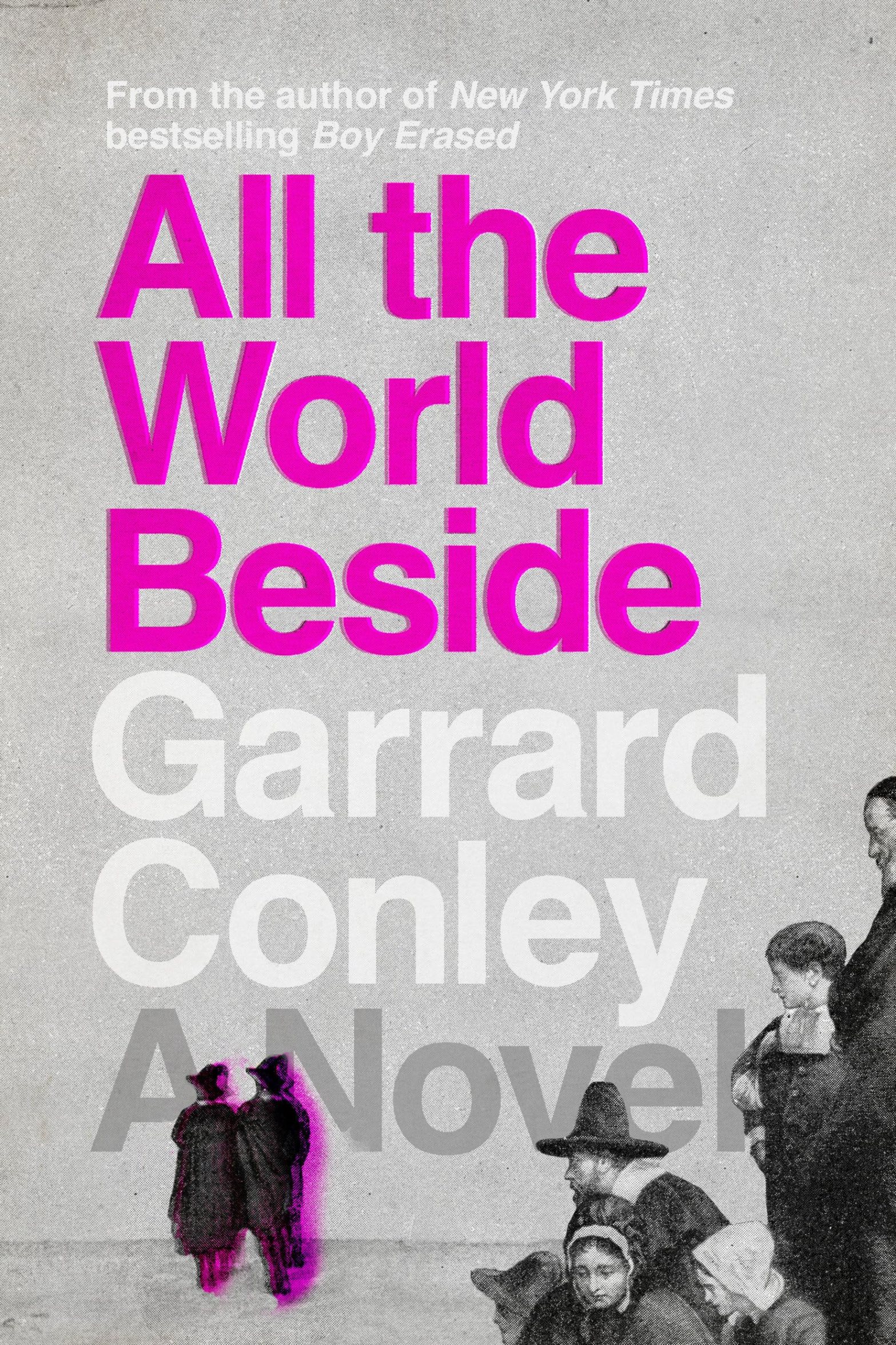Features:
- Focus on a homosexual relationship between two men living in Puritan New England right before and during The Great Awakening
- An exploration of faith and theology and how it relates to life and identity from a historical perspective.
- The impact that one person’s choices can have on the people around them
- Social ostracization and what it means to ‘belong’ in a community
Whew, I’m not sure what I was expecting going in, but it definitely wasn’t this beautifully difficult tale. Rather than being about the development of the relationship between Nathaniel and Arthur itself, All the World Beside focuses a lot more on how their relationship impacts their families and the community of Cana at a time of extreme religious fervor. In addition to exploring the challenges and dangers of a homosexual relationship in Puritan New England, this book explores the roles each character is expected to play by the society they live in and the role religion plays in understanding and challenging these roles. I personally struggled to connect with this book, but I am giving it 5 stars because it is undoubtedly a beautifully written piece that handles its themes exceedingly well. Even if I am not the right audience for it, I think this book will be deeply meaningful in the right hands.
Clever Use of Perspective
Though Nathaniel and Arthur’s relationship is a driving force in the story, surprisingly little of it is shared through their perspectives. In addition to Nathaniel and Arthur, the author uses the perspectives of their immediate family members to tell their tale. As a result, we see a lot of this relationship as outsiders looking in and our understanding of it varies depending on what the character narrating thinks is happening at any given point. While this takes aways some of our connection to the gentlemen’s forbidden love, the use of these perspectives is a brilliant approach that allows us to explore the ripple effects of their clandestine relationship.
What I think makes this book so powerful is that many of the other perspectives through which this story is told belong to women and/or children. These are individuals within Nathaniel and Arthur’s households who already lack a certain amount of agency due to their gender and/or age and are made to make the best out of the circumstances they find themselves in. Not only must they endure and try to understand the way that these men treat them, but they must also live up to the harsh expectations placed on them by Puritan society. Though we want love to prevail for Nathaniel and Arthur, it is hard to fully support them while watching their families fall apart in their wake.
Not for Me?
Though I think this is a powerful, brilliantly written book, it didn’t really resonate with me. There are a couple of reasons I think this might be true. The first is that generally speaking, I don’t tend to enjoy books set in 16th and 17th century Puritan societies. There are a lot of fascinating things about these communities and this historical time period, but for some reason, I really don’t like it as a setting.
The second reason is that though the characters and their perspectives were interesting, I’m not sure I actually liked any of them. They are all complex people living in a complicated and delicate situation. While they reconcile their struggle for physical and social survival with their religious beliefs, it is hard for even the characters themselves to have a true sense of who they are. Where I think Conley achieves what he set out to do with each of these perspectives, I just never resonated with any of them.
Special thanks to NetGalley for providing this ARC in exchange for an honest review!
